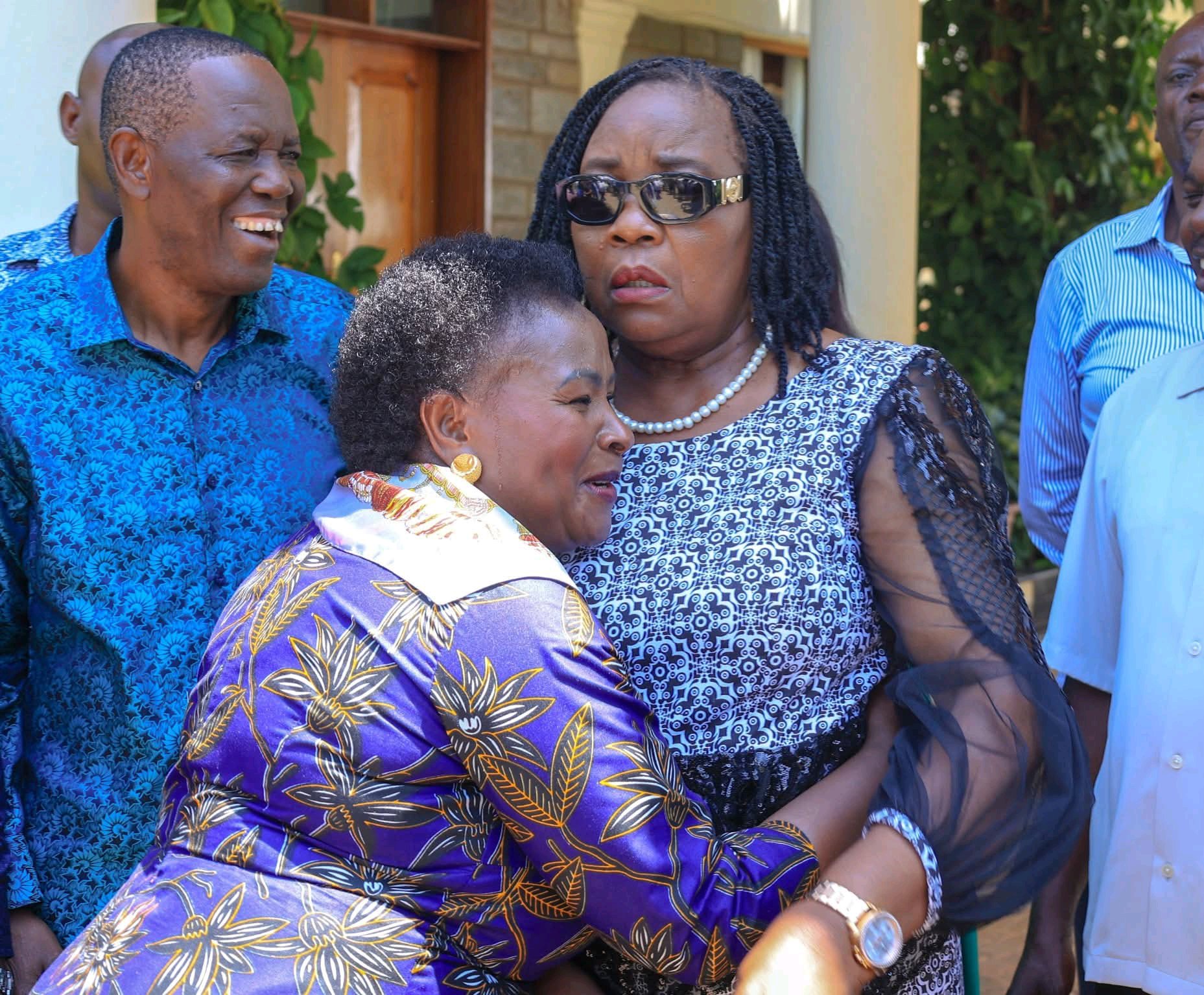The Roots of Relationship Imbalance
In the intricate dance of relationships, a subtle yet profound imbalance often emerges, shaped by the complex interplay of societal expectations, personal experiences, and family dynamics. Like a gentle breeze that whispers secrets to the trees, this imbalance can quietly reshape the contours of our connections, leaving us wondering why some relationships flourish while others falter.
The Expectations Placed on Women
From a young age, many women are molded to be the pillars of strength, the nurturers, and the caretakers. They watch as their mothers and female guardians juggle the delicate balance of family life, managing the household, caring for children, and maintaining relationships. This can create a sense of responsibility and expectation for women to be the glue that holds the family together. As a result, women may develop alpha traits, such as leadership, problem-solving, and emotional intelligence, becoming the rock upon which their families rely.
The Expectations Placed on Men
In contrast, men are often socialized to prioritize their independence, strength, and masculinity. They may be encouraged to suppress their emotions and vulnerabilities, leading to a lack of emotional availability in relationships. This can create a sense of distance and unavailability, making it challenging for men to form deep and meaningful connections with their partners. Like a ship sailing through treacherous waters, they may struggle to find their way, unsure of how to navigate the complexities of their own emotions.
The Impact of Family Dynamics
Family dynamics play a significant role in shaping our expectations and behaviors in relationships. Children often learn from observing their parents and guardians, adopting their values, and repeating their patterns. In many cases, boys may admire their fathers’ strength and authority, while girls may feel the hardships and sacrifices of their mothers. Like a river that flows through the landscape, these patterns can shape the course of our lives, influencing the choices we make and the relationships we form.
Breaking Free from Societal Expectations
To create more balanced and fulfilling relationships, it’s essential to recognize and challenge these societal expectations and family dynamics. By acknowledging the impact of our upbringing and cultural norms, we can work towards creating more equitable and supportive relationships. Like a sunrise that brings new light to the world, this awareness can illuminate the path forward, guiding us towards more harmonious and loving connections.
Strategies for Rebalancing Relationships
- Practice Active Listening: Make an effort to truly hear and understand your partner’s thoughts, feelings, and needs. This can help prevent misunderstandings and foster a deeper connection.
- Communicate Openly: Share your thoughts, feelings, and desires with your partner in a clear and respectful manner. This can help build trust and intimacy.
- Embrace Vulnerability: Recognize that vulnerability is a strength, not a weakness. By being open and honest about your emotions and needs, you can create a safer and more supportive relationship environment.
- Challenge Traditional Roles: Don’t be afraid to challenge traditional gender roles and expectations. By embracing flexibility and equality, you can create a more balanced and fulfilling partnership.
- Prioritize Quality Time: Make time for regular date nights, meaningful conversations, and shared activities. This can help strengthen your bond and create lasting memories.
Overcoming Challenges
Rebalancing relationships can be challenging, especially when faced with deeply ingrained societal expectations and family dynamics. Some common obstacles include:
- Resistance to Change: One or both partners may resist changes to traditional roles or expectations.
- Lack of Emotional Intelligence: Partners may struggle to recognize, understand, and manage their own emotions, leading to conflict and misunderstandings.
- Unrealistic Expectations: Partners may have unrealistic expectations about what a relationship should be, leading to disappointment and frustration.
Building Balanced Relationships
Relationship imbalance is a complex issue, influenced by various factors, including societal expectations, personal experiences, and family dynamics. By recognizing the differing roles and expectations placed on men and women, we can work towards creating more balanced and fulfilling relationships. Like a garden that requires nurturing and care, our relationships need attention and effort to flourish. By prioritizing empathy, compassion, and mutual respect, we can build stronger, more supportive partnerships that benefit both partners, creating a haven of love and understanding in a world that often seems too much to bear.
It’s time to redefine what relationships mean to us. By breaking free from societal expectations and embracing empathy, compassion, and mutual respect, we can create relationships that truly nourish our souls. So, let’s take the first step towards rebalancing our relationships and building a more loving, supportive, and equitable world – one connection at a time.



